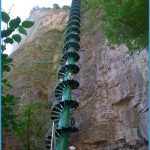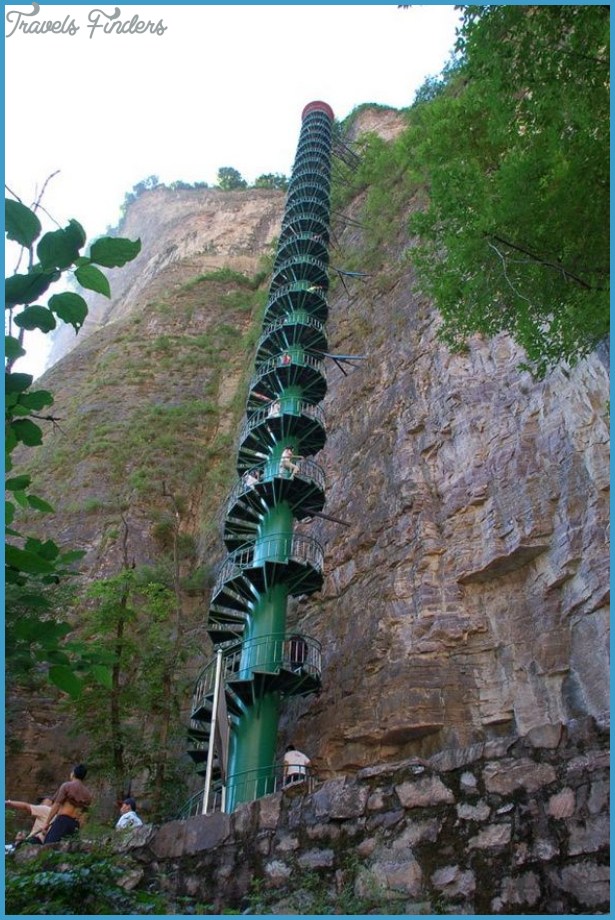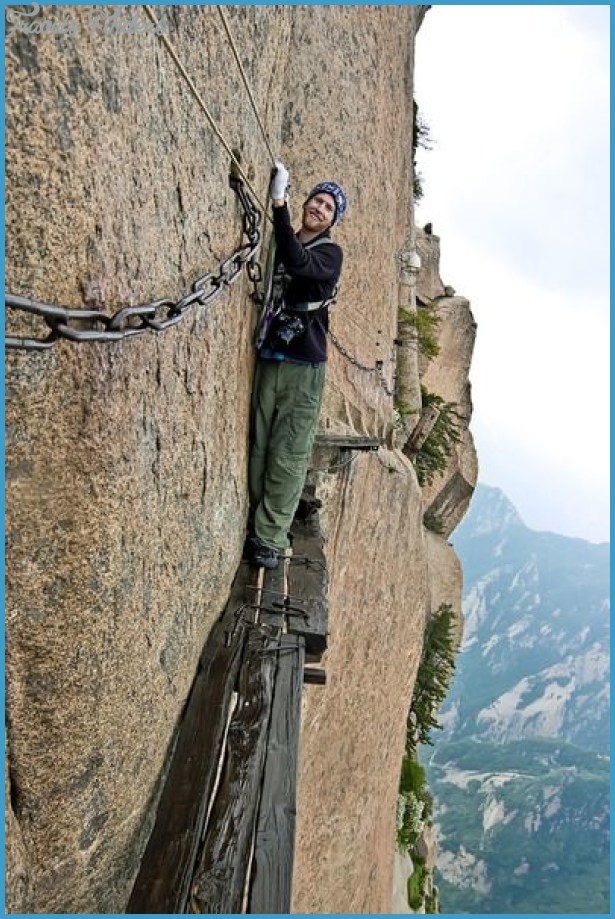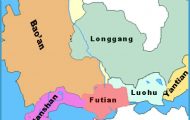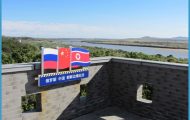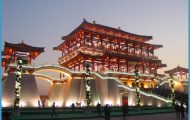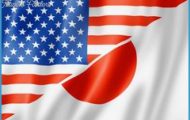Some ofthe larger tourist hotels also have their own medical facility with a nurse and sometimes a doctor in attendance.
The following three hospitals have medical clinics which specialise in treating foreigners:
Capital Hospital Clinic for Foreigners (Shoudu Yiyan), Dongda Bei Dajie, Beijing; tel. (010) 55 37 31 Canton No. 1 People’s Hospital, 602 Renmin Bei Lu,
Canton; tel. (020) 33 30 90 Shanghai No. 1 People’s Hospital, 190 Suzhou Bei Lu,
Shanghai; tel. (021) 24 01 00
Foreign patients are required to pay treatment costs immediately. Although doctor’s visits and medication are relatively cheap, a stay in hospital is expensive. Keep your receipts to claim on insurance when you return home.
See also Chemists, Emergency Services, Health Precautions
Motoring
The Chinese road network has been considerably expanded in recent years, with a number of major roadbuilding projects still under way.
China has very few motorways, most of which are still in construction. Although there are plenty of trunk roads and minor roads these are mostly unmetalled and only about half are passable all year round.
Getting behind the wheel yourself in China as a foreign visitor is so fraught with problems as to be virtually out of the question. Besides having to contend with fuel shortages, an inability to read Chinese place names and roadsigns, and difficulties in making yourself understood outside the big towns, you will find renting a car on your own almost impossible. You will also require a special permit to visit areas open to foreigners (see Open Cities). On the other hand it is possible to arrange for chauffeur-driven cars to go sightseeing, and shorter trips can be made by taxi.
None ofthe internationally well-known car hire firms such as AVIS, Budget, Europcar or Hertz are currently represented in China.
See also Bicycles, Public Transport, Rickshaws, Taxis
Traffic travels on the right in China and Taiwan and on the left in Hong Kong and Macau.
The speed limit is usually 50-60km.p.h./31-37m.p,h. in built-up areas, 60-70km.p.h./37-43m.p.h. elsewhere, and 100-120km.p.h./62-75m.p.h. on motorways.
Mountaineering and Trekking
Within its vast confines China boasts several ofthe world’s highest mountains, most notably in the autonomous regions of Tibet and Xinjiang and the provinces of Sichuan and Qinghai.
Anyone interested in mountaineering or trekking in China should contact the Chinese Mountaineering Association or the China International Travel Service (CITS, see Information). Both organisations can supply information about expeditions and also issue any permits required.
Opening times, admission
The principal museums in the People’s Republic of China, as well as Taiwan, Hong Kong and Macao, are covered in the Ato Z section under the headings for where they are located.
For opening times and admission charges you should check with yourtour guide or at the CITS offices listed in the Information section.

